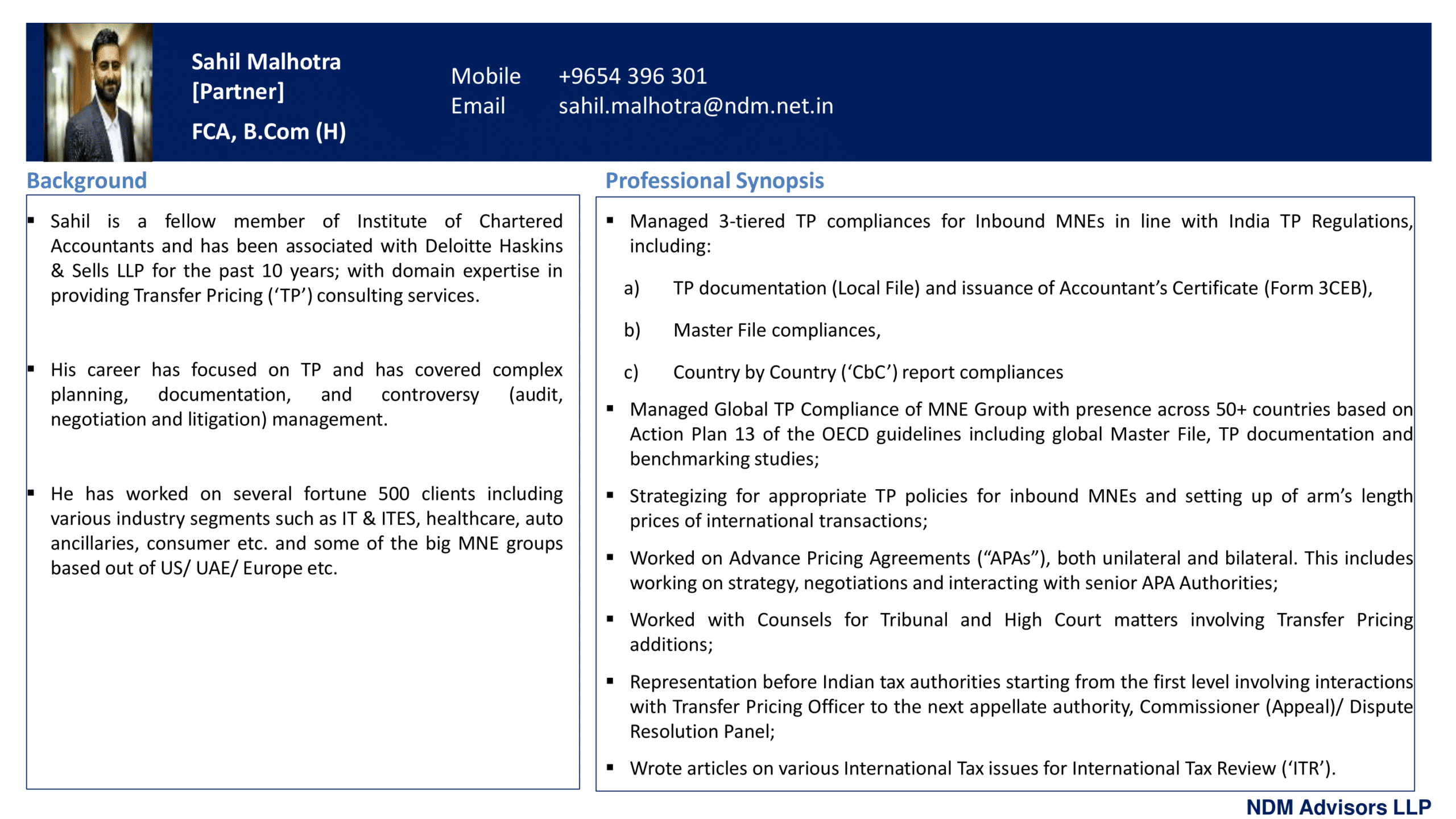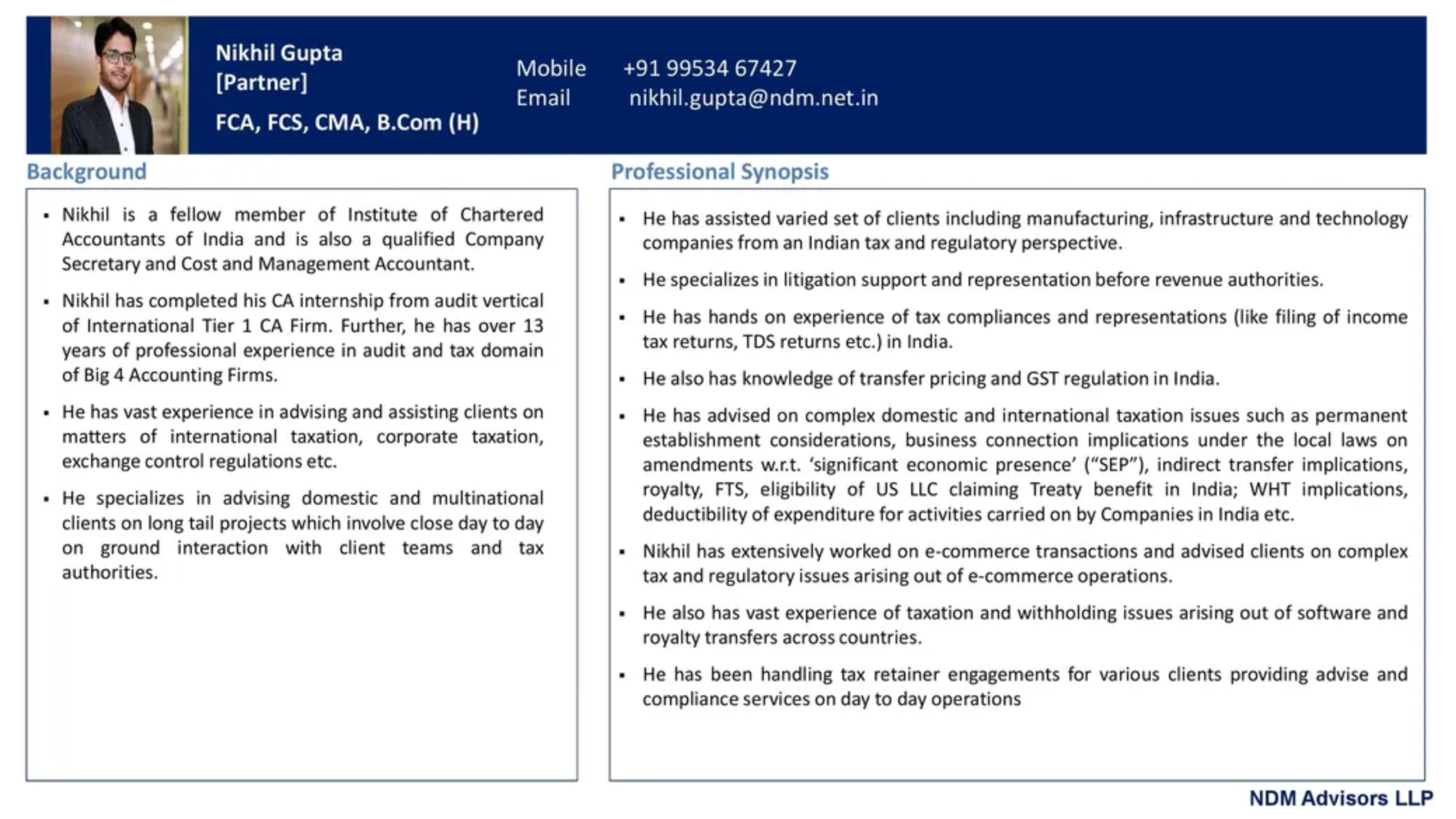Official Assignees now liable for obtaining PAN and filing Tax Return of insolvent’s estate (CBDT Circular 4/2019)

Introduction
The Court appointed official assignee has always remained to be an unaccounted variable in our tax regime. There had been almost no clarity defining the income tax status and the tax filing obligations of the insolvent’s estates held by an official assignee. Court appointed official assignee has the responsibility to realise property of insolvent and allocate it amongst the creditors of the insolvent, where a court order is passed against a defaulter. Once the defaulter/ debtor is declared insolvent by a court and his estates get vested with an official assignee, the income tax obligations of such insolvent’s estates are left hanging unaccounted.
Post vesting of insolvent’s estate under an official assignee, one would wonder about the income tax status and obligations of such estates and who would be held liable for compliance with such tax obligations. Before issuance of Central Board of Direct Taxes (‘CBDT’) circular no. 4 of 2019, there has been a lot of uncertainty regarding the following issues:
- Whether insolvent’s estate is to be considered as separate person from the insolvent post court order?
- Whether separate PAN would have to be obtained by the insolvent’s estate and what would be the tax status of same?
- What would be the income tax rates applicable on insolvent’s estates?
- Whether, pre and post court order of insolvency, insolvent’s estate would be assessable as two separate legal entities?
- Who would be held liable for income tax compliances of an insolvent’s estate- insolvent or the official assignee?
- In case of non-compliance from an income tax perspective, whether official assignee can be held responsible and proceeded against under the Income Tax Act, 1961 (‘Act’)?

In order to clear the mist surrounding the taxation of insolvent’s estate, CBDT has issued Circular No. 4 of 2019 clarifying the liability and status of the official assignees under the Act. It has been clarified that the court appointed official assignee, who is responsible for realising estate of the insolvent and allocating it amongst the creditors of insolvents is also responsible for managing income tax matters for the estate assigned to him. In this regard, the CBDT has provided following clarifications:
- Court appointed official assignee shall not be considered as a representative assesse under Section 160 of the Act, as the official assignee neither receives any income nor manages the estate on behalf of the insolvent; and
- Official assignee shall be considered as ‘artificial juridical person’ under Section 2(31)(vii) of the Act and shall be liable to discharge income tax liability under the Act; and
- Official assignee shall be liable to apply for separate PAN and file separate income tax return of each estate of the insolvent; and
- Tax Return and rates of tax for filing tax return applicable for artificial juridical person would apply.

Practical Challenges ahead for Official Assignees
From the above, it seems that Circular 4/2019 has put on the burden of tax obligation and liabilities of the insolvent onto the shoulders of official assignee. One would be perplexed as to how the official assignee can be assigned with the liability for discharge of income tax obligation and filing of tax return but would not be considered as ‘representative assessee’ under Section 160 of the Act. Also, it is thought provoking as to who would be liable for assessment under Section 143 of the Act where official assignee is not to be considered as a representative assignee.
Further, as the status of CBDT circulars is clarificatory in nature, the official assignees may be required to apply for PAN and file tax returns for preceding years for the assigned estates. In such a case, question arises as to whether interest and penal implications under the Act would have rigours on the official assignees.

Conclusion
As clear from the above, the way ahead for official assignee seems to be a daunting one wherein multiple tax compliances and obligations may haunt the official assignee in an implicit or explicit manner. It may be expected that CBDT would issue further clarifications to answer the above questions. Till then official assignees shall continue to comply with the obligations as explicitly mentioned in Circular 4/2019 and also be cautious of the implicit obligations that may be cast upon them with regard to the insolvent’s estate.
In case of queries, drop us a line on communications@ndm.net.in
Have Any Question?
Send us a message and tell us more about your business and financial goals. We will get back to you soon to schedule a consultation.
- +91 9873210394
- Communications@ndm.net.in


















